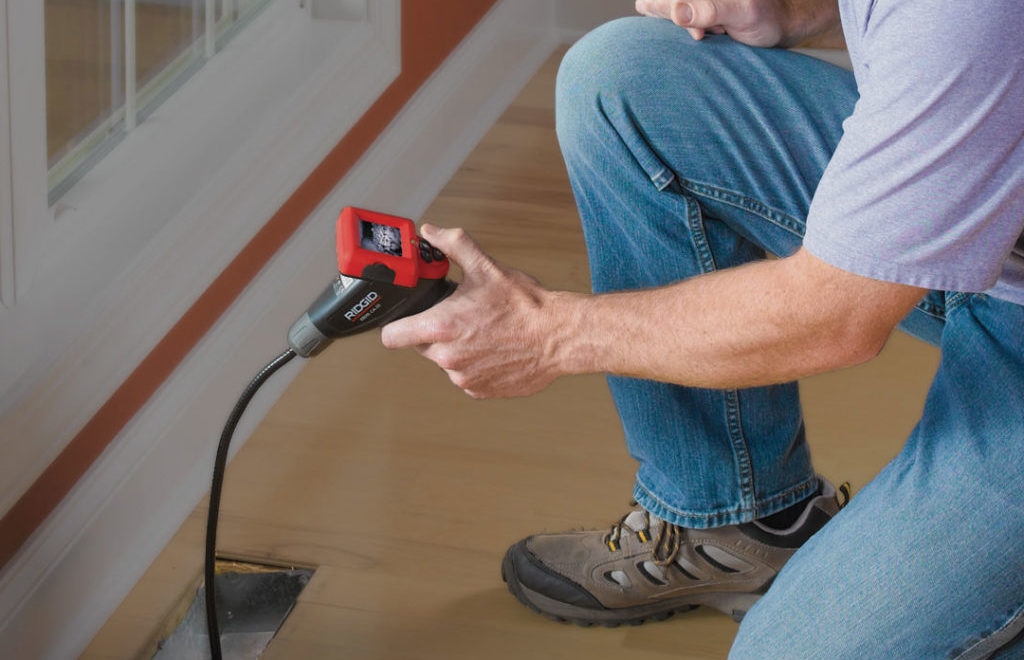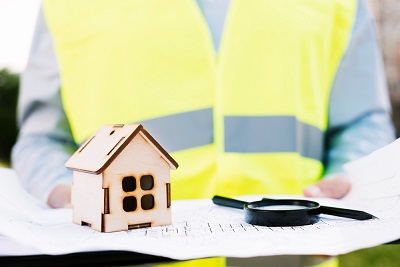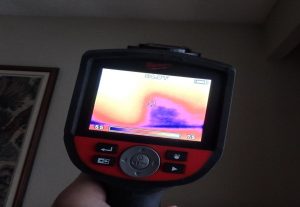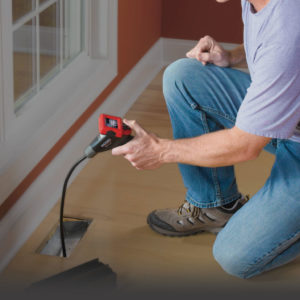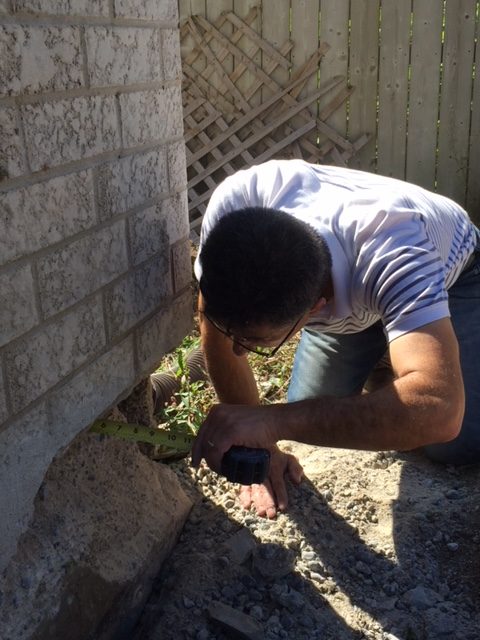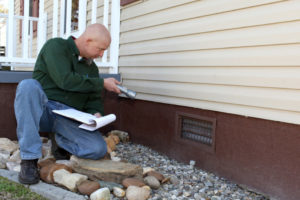Are House Inspection Experts Worth the Investment?
Comprehensive assessments of residential premises carried out by qualified experts are known as house inspections. During these inspections, the state of the house’s structural, electrical, plumbing, HVAC, roofing, and other components is evaluated. A house inspection’s main objective is to find any current or potential problems with the property, giving sellers and purchasers insightful information.
Benefits of House Inspections
1. Identify Hidden Issues: A house inspection expert’s ability to find hidden problems that the untrained eye might miss is one of the main advantages of hiring them; these experts have the know-how and experience to thoroughly inspect the property for structural flaws, water damage, electrical problems, and other potential issues that could affect its value or safety.
2. Negotiating Power: For homebuyers, a house inspection can provide valuable leverage during negotiations. Buyers may be able to negotiate a lower purchase price or ask the seller to fix any major flaws before closing the deal if the inspection discovers problems with the property. By doing this, consumers may make sure they’re receiving the greatest bargain and prevent unforeseen charges.
3. Peace of Mind: Whether you’re buying or selling a home, a house inspection can provide peace of mind by offering a comprehensive assessment of the property’s condition. For buyers, knowing that a professional has thoroughly inspected the home can instill confidence in their investment. In order to expedite the selling process and avoid future problems, sellers should take care of any faults found during the inspection.
4. Protect Your Investment: Investing in a house inspection is a smart way to protect your investment in the property. You can avoid minor difficulties growing into larger repairs or safety threats by seeing and fixing any problems early on. Long-term, this preventive approach can save you money, time, and stress while guaranteeing that your home will continue to be in good shape for many years to come.
Making the Investment
1. Choose a Qualified Inspector: When hiring a house inspection expert, it’s important to choose someone who is qualified, experienced, and reputable. Look for inspectors who are certified by recognized professional organizations and have a track record of providing thorough and accurate assessments. Ask for referrals from trusted sources and research online reviews to find the right inspector for your needs.
2. Attend the Inspection: Whenever possible, attend the house inspection yourself or arrange for someone you trust to be present. This allows you to ask questions, address any concerns, and gain a better understanding of the property’s condition firsthand. Be prepared to receive detailed documentation and reports from the inspector outlining their findings and recommendations.
3. Consider the Long-Term Benefits: While house inspections may require an upfront investment, the long-term benefits far outweigh the initial cost. By investing in a thorough inspection, you can avoid costly surprises, protect your investment, and make informed decisions about buying or selling a home. Ultimately, the peace of mind and financial security provided by a house inspection are well worth the investment.
Conclusion
House inspections are invaluable tools for both buyers and sellers in the real estate market. By identifying hidden issues, providing negotiating power, and offering peace of mind, house inspections offer numerous benefits that make them well worth the investment. So whether you’re buying your dream home or selling your current property, consider hiring a house inspection expert to ensure a smooth and successful transaction.



